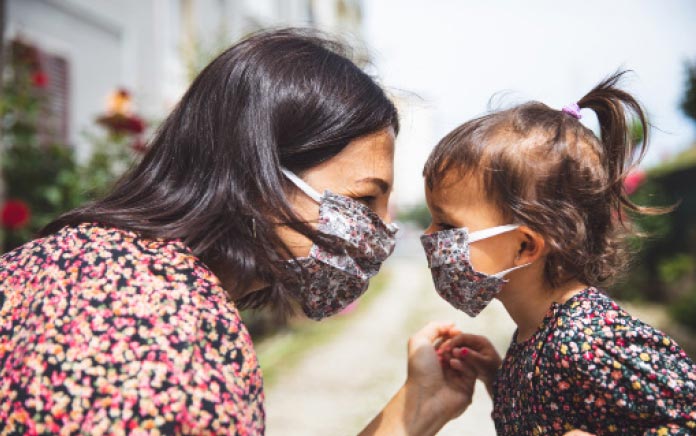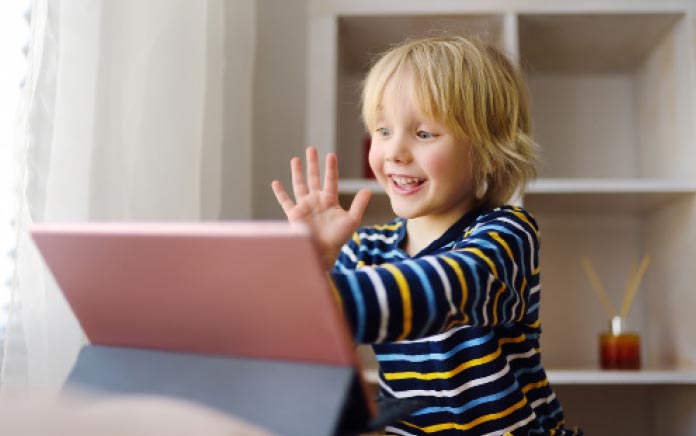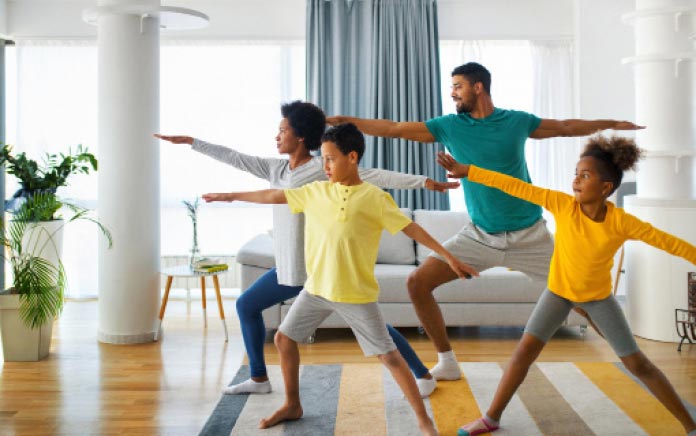Ouiam El Hassani tells us seven important things when it comes to parenting.
Parenting is a very complex task; if we’re not careful, we will become too focused on one aspect and let the others fall by the wayside. Sometimes we get very caught up with the “What do I do when?” or “How do I get my kid to?” and lose sight of the bigger picture. The truth is… there are many things that are more important in shaping our children than the methods and techniques we use to modify their behavior.
Here are seven things that are more important than any method you choose:
RELATIONSHIP
The relationship that we have with our children is the single biggest influence on them. Our relationship sets an example for how relationships should be throughout the rest of their lives. If we have a healthy relationship based on respect, empathy, and compassion, we have set a standard. They will grow to expect that this is what a relationship looks like and will likely not settle for less. If, however, our relationship is based on control, coercion, and manipulation, well, you see where I’m going with this.
In addition to that, our influence comes from a good relationship. Children are more likely to listen to and cooperate with an adult who they are connected to. In other words, if we build trust and open communication when they are small, they will come to us when they are not so small. Our attachment helps wire healthy brains, and our responses set the tone for how they respond to us (they are little mirrors).
 YOUR LENS
YOUR LENS
When you look at your child, who do you see? Do you see the positives or the negatives? The way you think about them influences the way you treat them.
Your thoughts also influence the way you feel emotionally and physically throughout the day. “He is in the terrible twos” will cause you to look for terrible things, to focus on them, and therefore try to correct them… constantly. Try to turn negative thoughts like this into positive thoughts, like, “He is inquisitive and fun!”. Try to start seeing misbehaviour as a clue that calls for help rather than something that needs to be squashed immediately. Correction is not needed nearly as often as you might think.
Monitor how you talk about them when they are present, watch your tone, your words, and how you verbalise the way you see your children.
YOUR RELATIONSHIP WITH YOUR SIGNIFICANT OTHER
Your kids are watching and learning. The way you and your partner treat each other again sets a standard. Happy parents make happy kids.
 THE ATMOSPHERE OF YOUR HOME
THE ATMOSPHERE OF YOUR HOME
All of the things mentioned above come together to create the atmosphere in your home. If you have loving and connected relationships, you likely have a warm atmosphere in your home. If there is discord between you and your spouse, or you and your child, or your child and your other child, then the overall atmosphere will suffer. Have you ever gone to someone’s home and just felt a negative atmosphere?
You want your home to be a safe, warm, inviting, and loving place for all family members.
YOUR CUP
How full is it? You have to take care of you so you can take care of them. If your cup is full, you are more patient, more empathetic, and have more energy. Not only that, but a child who sees his parents respect themselves learns to have self-respect. Put yourself back on your list.
 MEDIA. TELEVISION. VIDEO GAMES. SOCIAL MEDIA.
MEDIA. TELEVISION. VIDEO GAMES. SOCIAL MEDIA.
They are always sending messages to your kids, I am not saying don’t allow them, just be aware of what your kids are getting from what they’re watching.
 BASIC NEEDS
BASIC NEEDS
Adequate nutrition, sleep, and exercise are not only essential for the well-being of your child but also influence behaviour. They might not be able to recognise or verbalise their needs, but it will still mess with their behaviour and how cooperative they are during the day.
Finally, exercise helps children learn to focus their attention, limit anger outburst and improve motor skills.


































